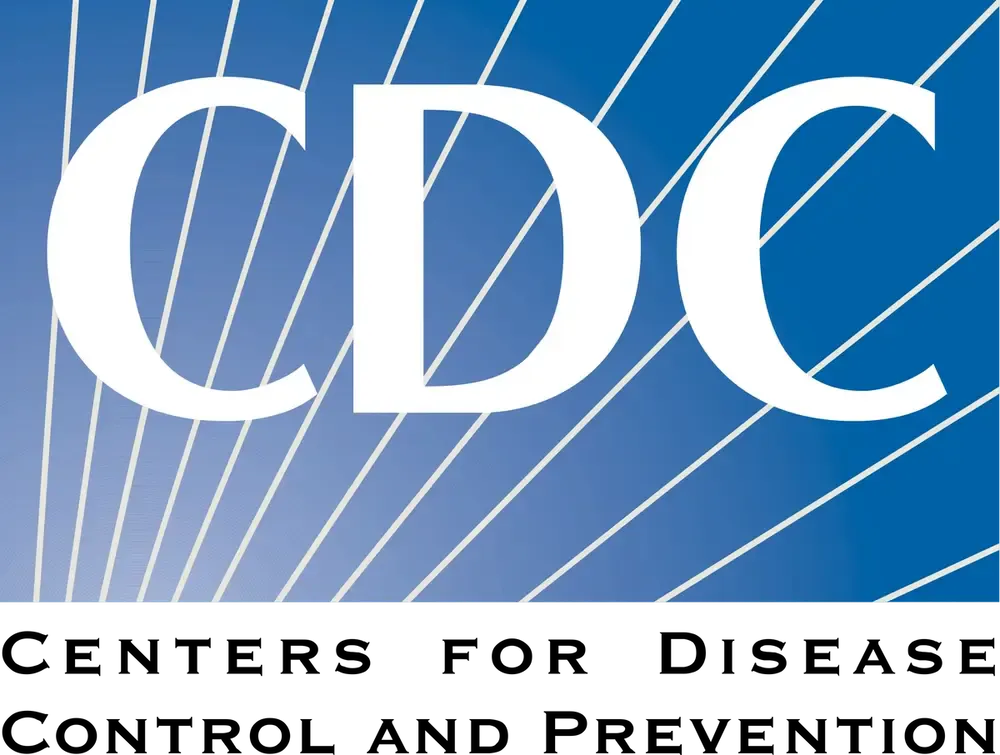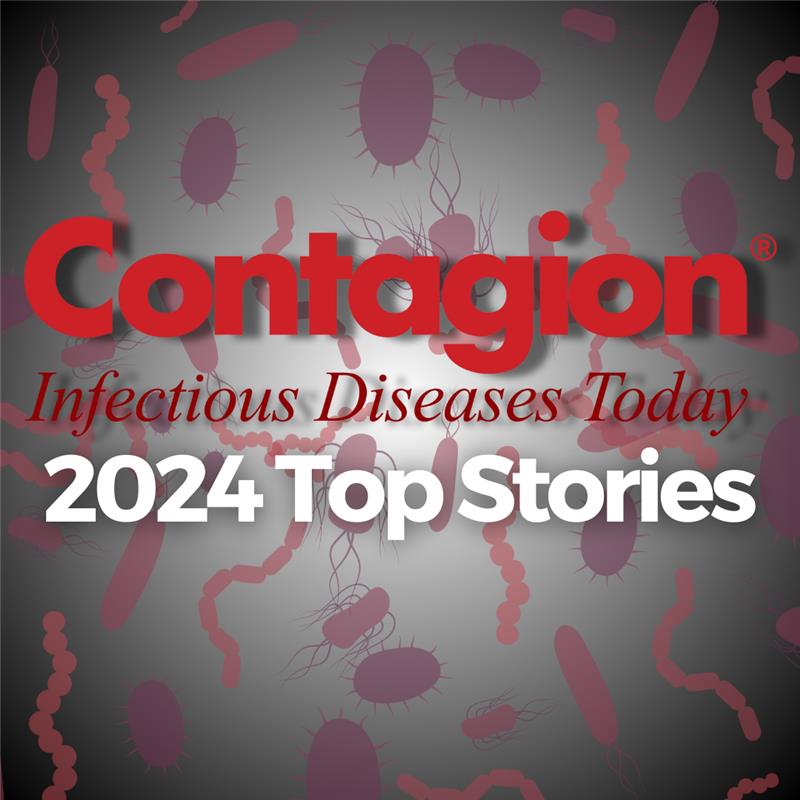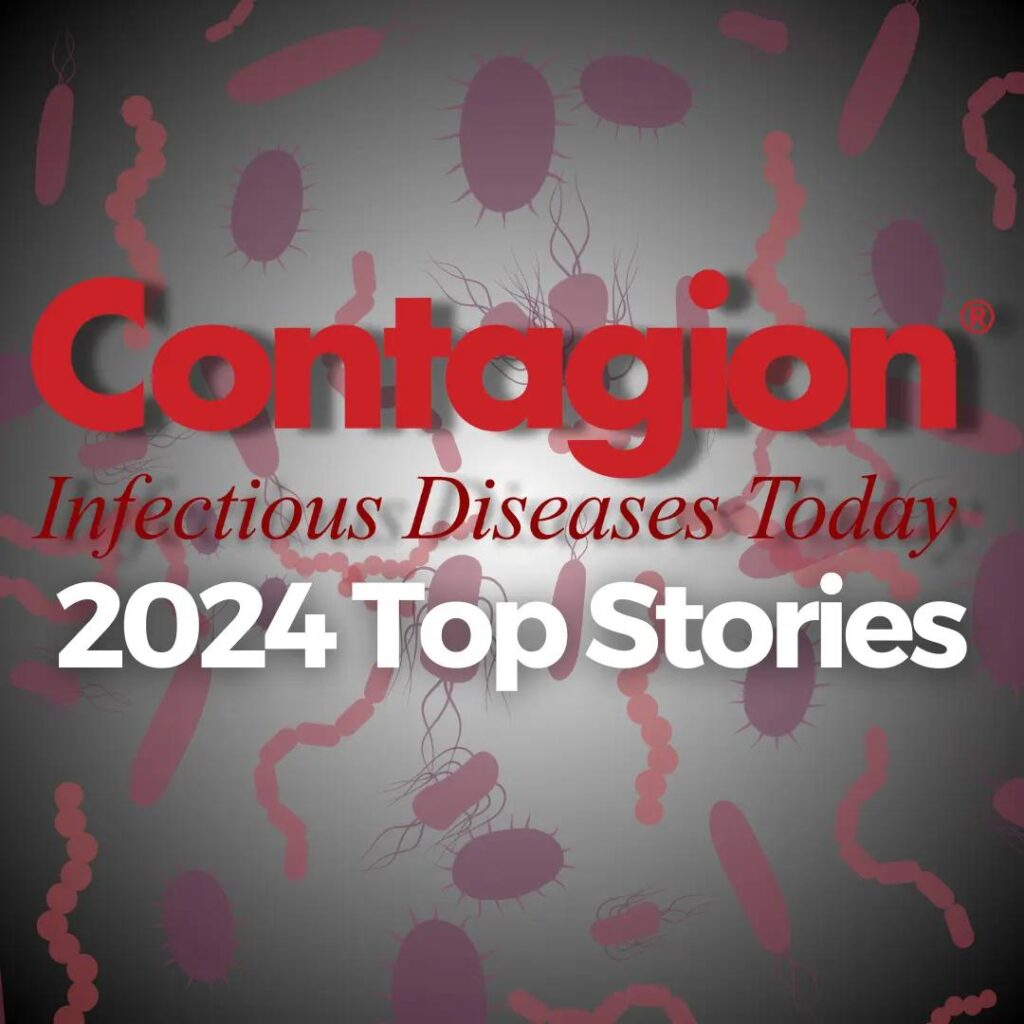
The Centers for Disease Control and Prevention (CDC) issued a Health Alert Network (HAN) Health Advisory to alert healthcare providers about an increase in invasive meningococcal disease, linked to Neisseria meningitidis serogroup Y. In 2023 the US reported 422 cases, the highest annual number since 2014. As of March 25, 2024, there have been 143 reported cases. Among 94 patients with known outcomes, 18% died, a rate higher than the historical rate of 11% for serogroup Y cases between 2017–2021.
The rise in cases is linked to a particular strain of meningococcal disease, sequence type (ST) 1466. This strain was identified in 68% of the serogroup Y cases in the US in 2023 for which sequence type information was available. It predominantly affected individuals aged 30–60 years, 65%, African American people, 63%, and people living with HIV, 15%. Unlike typical presentations of the disease, in 2023, infections caused by the ST-1466 strain manifested primarily as bacteremia in 64% of the cases and as septic arthritis in at least 4% of cases, rather than the more commonly known meningitis.
According to the CDC, healthcare providers should:
- Be alert for signs of invasive meningococcal disease and start antibiotic treatment quickly for suspected cases. Test blood and cerebrospinal fluid (CSF) for these cases.
- Understand that invasive meningococcal disease can impact anyone, regardless of age or background.
- Be aware that patients may present without symptoms typical of meningitis.
- Ensure all people are recommended for meningococcal vaccination, including the MenACWY vaccine for all 11–12-year-olds, with a booster dose at age 16.
- Immediate reporting of any suspected or confirmed cases of invasive meningococcal disease to the appropriate health departments.
- Consultation with state or local health departments for guidance on treatment or decisions regarding contact prophylaxis, including adjustments for local resistance patterns.
Main Takeaways
- Be alert for signs of invasive meningococcal disease and start antibiotic treatment quickly.
- Understand that invasive meningococcal disease can present in atypical ways, many cases present as bacteremia (bloodstream infection) or septic arthritis (joint infection) rather than the more common meningitis symptoms of fever, headache, and stiff neck.
- Vaccinations are important, all people 11-12 years old get the MenACWY vaccine, with a booster dose at age 16. People at higher risk may also be advised to get additional vaccines.
According to the CDC, the public should:
- Immediately seek medical assistance if they or their child exhibit signs of meningococcal disease.
- Discuss with healthcare providers about meningococcal vaccines and any booster shots that may be recommended for oneself, their household, or their family members.
Symptoms of meningitis include fever, headache, stiff neck, nausea, vomiting, sensitivity to light, and changes in mental status. Symptoms of meningococcal bloodstream infection include fever, chills, fatigue, vomiting, cold hands and feet, severe pains, rapid breathing, diarrhea, and a dark purple rash in advanced stages. Initial symptoms can quickly become severe.
In October 2023, Contagion reported,” the FDA approved the Pfizer meningococcal vaccine, Penbraya (groups A, B, C, W and Y vaccine). The vaccine is indicated for active immunization to prevent invasive disease caused by Neisseria meningitidis serogroups A, B, C, W, and Y. Penbraya is approved for use in individuals 10 through 25 years of age.” 2
Penbraya combines the components from 2 meningococcal vaccines, Trumenba (meningococcal group B vaccine) and Nimenrix (meningococcal groups A, C, W-135, and Y conjugate vaccine) to help protect against the 5 most common meningococcal serogroups that cause most invasive meningococcal disease (IMD) globally.2
Neisseria meningitidis results in a 10-15% death rate with antibiotic treatment. Initial signs of meningococcal disease can be vague but can worsen quickly, leading to a life-threatening condition in hours. Attention from healthcare providers and the public is advised.
References
- CDC. Increase in Invasive Serogroup Y Meningococcal Disease in the United States. Published March 28, 2024. Accessed March 29, 2024. https://emergency.cdc.gov/han/2024/han00505.asp?ACSTrackingID=USCDC_511-DM125473&ACSTrackingLabel=HAN%20505%20-%20General%20Public&deliveryName=USCDC_511-DM125473
- Parkinson, J. FDA Approves Meningococcal Vaccine Penbraya. Contagion. Published October 20, 2023. Accessed March 29, 2024. https://www.contagionlive.com/view/fda-approves-meningococcal-vaccine-penbraya









Certainly! Here’s an extended version of the message: